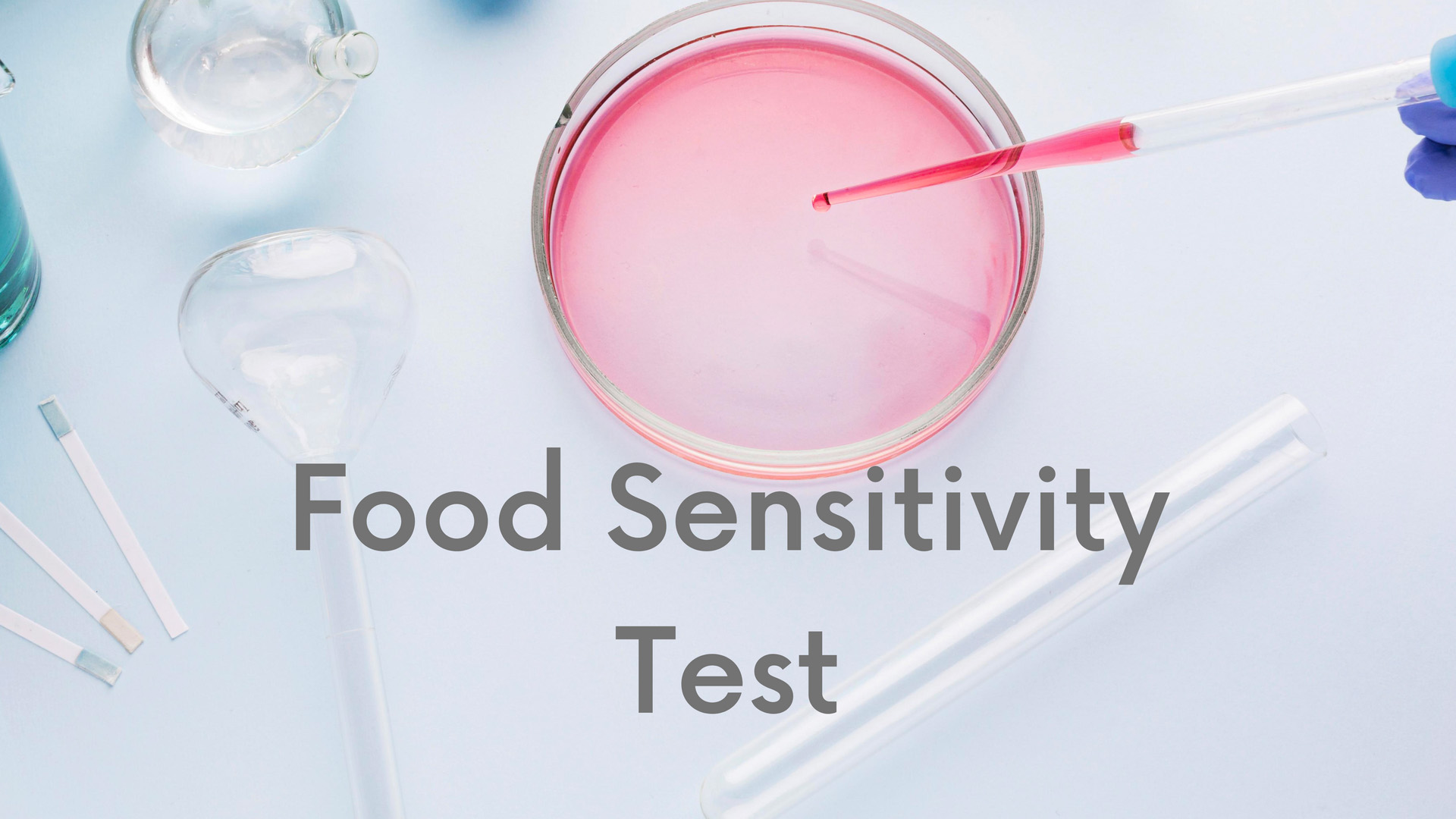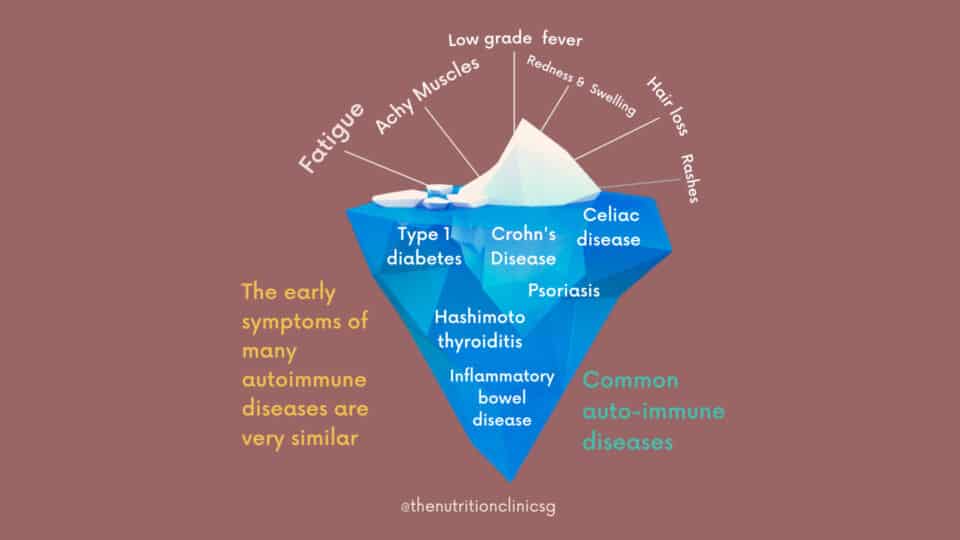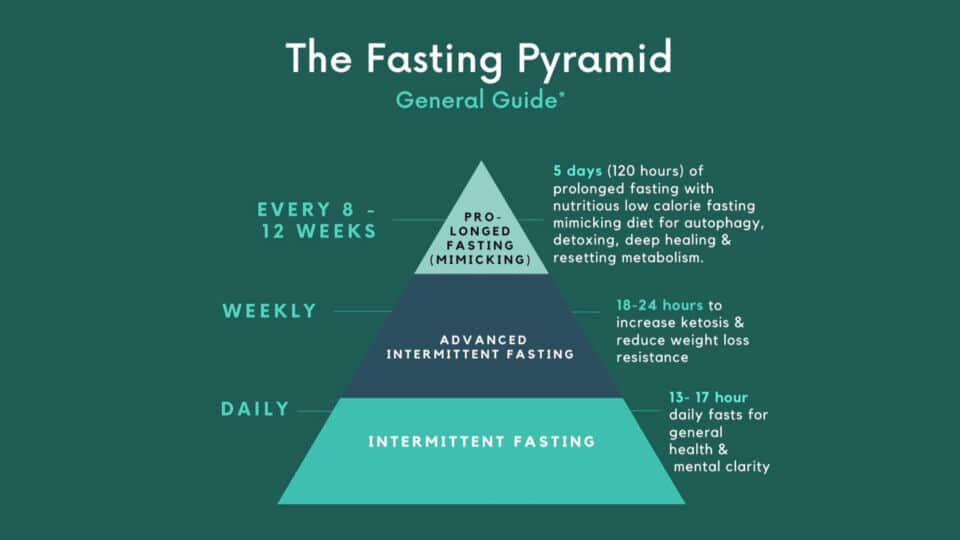What should you get tested for – food sensitivity, gut microbiome health, or vitamin deficiency?

Getting accurate information about your own individual biology helps you
focus on physiological function as a marker of health, rather than the symptom or condition itself.
Functional testing helps pinpoint the root cause of the symptoms and analyses the deeper imbalances of the body.
Functional tests may use blood, stool, saliva, or urine to identify body systems in need of support.
1. Food Sensitivity Test
What does it test?
This test identifies your food intolerances and foods that cause a level of imbalance in the body – essentially, your individual “trigger foods”.
Food sensitivities may be the reason for your symptoms as they can lead to digestive issues, headaches, skin problems, excess weight, water retention, and bloating.
Food sensitivities are also the main cause of symptoms associated with a leaky gut. Food sensitivities create a vicious cycle in that they help maintain the reason for their development (the leaky gut) while being the direct cause of the various symptoms suffered.
It may increase the inflammation of the gastrointestinal lining, increasing permeability and “leakiness”, and as a result, the gut lining is being damaged over time.
Doing a food sensitivity test is often the first step to help you clean out your diet and the starting point of healing your gut.
The most common food sensitivities include lactose intolerance, as well as sensitivities to eggs, other forms of dairy, soy, and gluten.
- TNC’s method of testing: A blood test

2. Nutritional Deficiency and Gut Microbiome
Much of the produce we eat today does indeed contain lower nutrient levels than that from our parents’ and grandparents’ days. Combine that with the rise of processed and packaged foods that have been a staple for many of our diets and as well as lifestyle demands of today’s world and you have a nutritionally imbalanced diet.
The most common nutritional deficiencies include B vitamin deficiencies, as well as deficiencies in iron, vitamin D, and magnesium.
At The Nutrition Clinic, we use this test to analyze a client’s comprehensive metabolic health with 76 markers. These are markers not only for vitamin and mineral levels, but oxidative stress and neurotransmitter levels as well.
What else can the test detect?
Metabolic Dysfunctions
If you have a metabolic imbalance and inflammation-related condition, this test can also detect:
- Insulin resistance
- Mitochondrial dysfunction
- Ketosis or poor carbohydrate metabolism
- Acid/alkaline imbalance
- Inborn errors of metabolism (generally for newborns)
- Chronic inflammation
- Gut dysfunction
- Amino acid deficiency (macronutrients)
- Toxicology
- Neurotransmitter imbalances
This test also provides you with a snapshot of your gut microbiome. As you know, 70% of your immunity comes from the gut, and up to 95% of serotonin is produced in your gut. Finding out the imbalances in your gut is critical to optimizing your health.
It’s important to work with a functional nutritionist or skilled interpreter to help you review your test results by looking at multiple markers together.
- TNC method of testing: Urine sample

3. Body Stress Impact
Stress is not just emotional, but physiological as well. This test measures how your body responds and recovers from acute and prolonged stress. This impacts sleep, energy, and metabolic processes related to weight issues.
Through the testing, we are able to determine if the adrenal glands that are out of balance – high cortisol levels in your test results can result in insomnia, anxiety, sugar cravings, feeling tired but wired, increased belly fat & bone loss.
While low cortisol causes chronic fatigue, low energy, food and sugar cravings, poor exercise tolerance or recovery & low immune reserves.
- TNC method of testing: Saliva sample
Interested to know about how we can help you personalise your nutrition improve your health and wellbeing for the long run? Schedule a call with our care manager or viewer Schedule a call with our care manager or learn more here.

